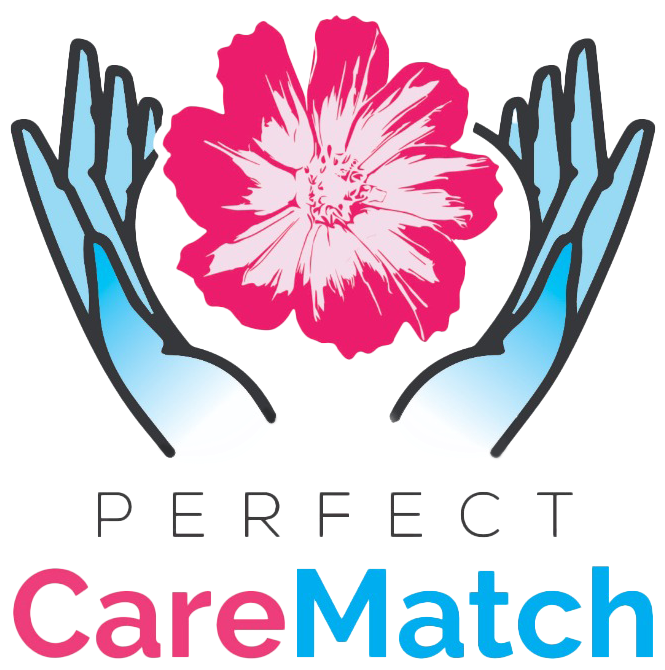Caring for others can often bring up emotions we may have had no previous experience with. New parents can attest to the stress and exhaustion that accompany a sudden change in lifestyle, sleep, eating habits, and responsibility for the well-being of others. Caring for older adult family members is also stressful; maybe even more so for some people. Many care for parents and children.
When we become parents, there is a certain level of expectation: most of us are mindful of meeting the baby’s needs: nourishment, comfort, affection, safety, and attention. But isn’t this similar to caring for an older relative? Our parents need the same things, don’t they? We are, perhaps, suddenly in charge of keeping another human alive, providing safety, nutrition, bodily needs, attention, and meaningful interaction. The roles are reversed when the child cares for the parent in their later years; adjusting to this new place in life is a challenge that doesn’t need to become unmanageable.
When does the caregiver become the one who is cared for? Whether caregivers recognize it or not, receiving care is crucial to mental and physical health. Self-care and other stress management techniques are highly effective. Make this space for yourself before you feel exhausted to avoid a build-up of suppressed emotion. Giving care to yourself benefits the person you care for. Older adults often become victims when the caregiver is burned out. Many families opt for respite care to take some time for themselves.
The Mind Health Coach/Ayurveda Wellness Systems program builds a solid foundation of physical, mental, and emotional wellness as the main infrastructure to gain clarity and focus on removing blockages and distractions that keep us from our best lives. Leah Marie, a Board Certified Holistic Health Practitioner and certified Chopra Instructor specializing in Ayurveda, will help you with all aspects of balance, self-care, and personal growth. You will receive personalized tools to enhance your physical and emotional well-being, such as learning to make conscious choices and employing mindfulness exercises and self-awareness practices.
This approach nurtures the connections between mind, body, and soul, improving overall health:
- For the mind: joy, balance, and meaning;
- For the body: optimal nutrition, digestion, and sleep patterns;
- For the soul: emotional healing, stress reduction, sense of well-being
Founded in ancient India, Ayurveda is a holistic healing system. Its name is derived from the Sanskrit words Ayus, meaning life, and Veda, meaning wisdom. It is the world’s oldest and most comprehensive medical system. Holism is a philosophy that acknowledges the whole as greater than the sum of its parts. By acknowledging the interconnected relationship between the mind, the body, and the soul and nourishing them equally, the practitioner can transcend the stressors that do so much damage to our entire being. Natural Ayurvedic techniques include meditation, yoga, traditional Ayurvedic herbs, and food to promote health and wellness.
Many traditional medical doctors are foregoing prescription medications to treat caregiver burnout and turning to natural, drug-free methods that provide the same effective relief. Millions of Americans have taken up meditation or yoga at the direction of their physicians.
Stressed caregivers benefit from this holistic program because caring for the mind, body, and soul is essential to the whole person’s well-being. While the caregiver may attend to one of the three, or perhaps two, all three facets of the person must be sustained.
The program is offered through workshops, webinars, online courses, and corporate wellness training. Leah Marie offers one-on-one coaching by phone or video call.
